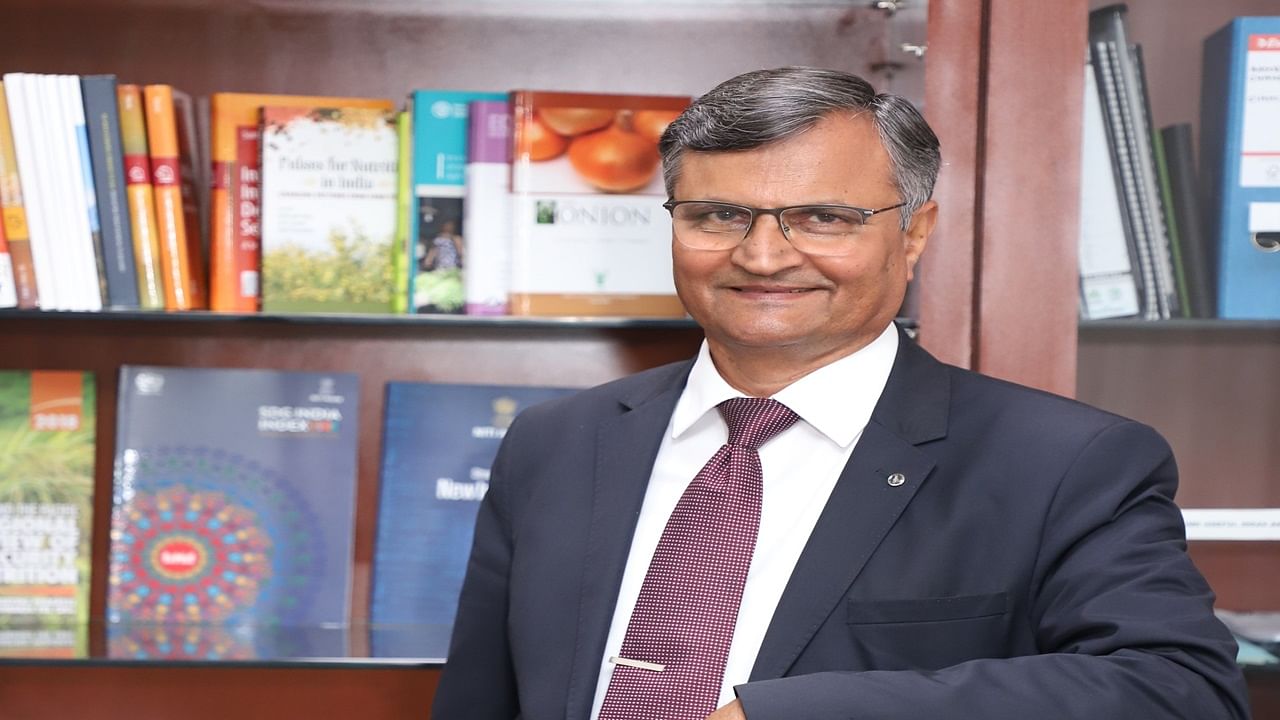
In a candid conversation about India’s agricultural landscape, Niti Aayog Member Ramesh Chand emphasized the uneven potential of the Minimum Support Price (MSP) in enhancing farmers' incomes across various states. Speaking at the Rural Voice Conclave on agriculture on National Farmer Day, Chand stated, “States like Uttar Pradesh have such opportunities through MSP. On the other hand, there are States (like Punjab) that have reached a saturation point.”
Chand highlighted the critical role of MSP, a government-set price to buy crops from farmers, in regions where it can still significantly raise farmers' income. He stressed the need for states to adapt their agricultural policies to the present environment, aligning them with national objectives. “We need to pursue our agriculture policy in alignment with the current environment. To make India a developed nation by 2047, the country’s per capita income needs to rise by 6-7 times. The agricultural sector has a major role to play in the objective to make India a front-ranking country in the world,” Chand remarked.
As per the media report, the Niti Aayog member's comments reflect the diverse challenges and opportunities in India’s vast agricultural sector. He also noted the importance of agriculture in the overall growth of the Indian economy, saying, “States like Andhra Pradesh, Madhya Pradesh, Tamil Nadu and Telangana have shown agriculture growth of 6-7 per cent, which is better than even manufacturing. The same growth trajectory can be replicated in the rest of the country.”
Chand pointed out that the government's contribution is about 16-17 per cent, with the majority coming from farmers themselves. He lamented the corporate sector's approach to rural economy, treating it primarily as a market.
Farmer leader V M Singh, advocating for MSP based on 50 percent profit over the comprehensive cost of production, urged the government to ensure farmers receive their due. “The government should ensure farmers get the MSP, which should be based on 50 percent profit over C2 (comprehensive) cost of production,” Singh stated.
Ajay Vir Jakhar, chairman of Bharat Krishak Samaj, discussed the situation in Punjab, where farmers receive prices above the C2 cost for paddy and wheat. “Punjab farmers are already receiving those prices for paddy and wheat. The government has been procuring their entire produce and yet the maximum farmer protest/agitation is happening in the State,” Jakhar observed.
The Rural Voice Conclave on agriculture presented a tapestry of viewpoints, underscoring the complexity of India's agricultural sector and the critical role it plays in the nation's economy. Balancing MSP's applicability across diverse states, enhancing government support, and addressing corporate sector engagement emerged as an important factor for sustainable agricultural growth.
















